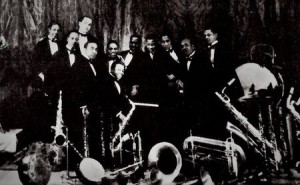
Focus on Charlie Johnson’s Paradise Orchestra
Jeff Barnhart: Hal, this month we’re exploring Charlie Johnson’s Paradise Orchestra (sometimes Ten or Band), a unit that recorded between Feb 1925 and May 1929
This new feature in TST will bring longtime friends and jazz musicians Jeff Barnhart and Hal Smith together for the first time in print. They have enjoyed a long association in various onstage incarnations and have had an ongoing dialogue about the evolution of jazz, its times and its practitioners over the years. They are thrilled to bring some of these discussions to light in this new monthly column. In it, Hal and Jeff will cover a kaleidoscopic array of jazz topics, from in-depth explorations of pioneering individuals and styles to the larger ebbs and flows of classic jazz throughout the ages, up to the present and (hoped-for) future.
“Ain’t’cha Got Music?” was composed in 1932 by James P. Johnson, for the musical Harlem Hotcha. The best known recording of the song was made by Henry “Red” Allen, Coleman Hawkins and their Orchestra in 1933. Johnson did not record his own composition until 1947.

Jeff Barnhart: Hal, this month we’re exploring Charlie Johnson’s Paradise Orchestra (sometimes Ten or Band), a unit that recorded between Feb 1925 and May 1929
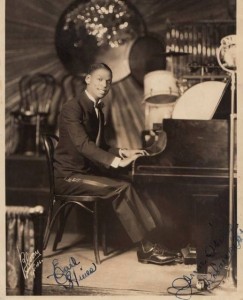
Jeff Barnhart: Hal, this month we’re concluding our discussion of the music produced by violinist Clifford Hayes and Co. Starting as the Dixieland Jug Blowers,
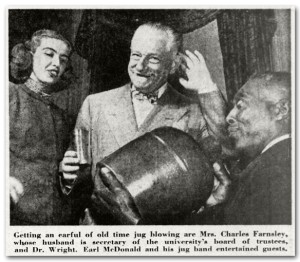
Jeff Barnhart: Hal, last month we began exploring the music of the Dixieland Jug Blowers, concluding with the first side from their June 6, 1927,
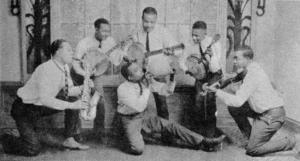
Jeff Barnhart: This month we’re starting a two-part discussion about the music of the Dixieland Jug Blowers from the mid-1920s. I’ll freely admit I’ve only
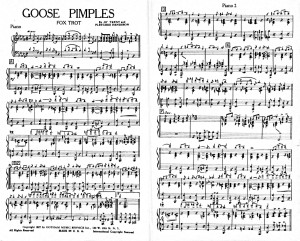
Jeff Barnhart: Hal, as you recall, we omitted one recording in our discussion of the New Orleans Owls (TST, March-April 2023) to work out a
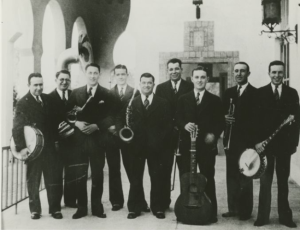
Jeff Barnhart: Hal, onto Part 2 of our exploration of the New Orleans Owls, a hot band that recorded some terrific sides over five sessions
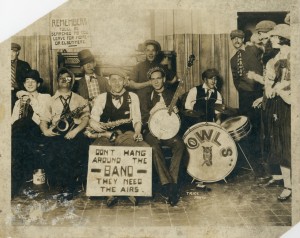
Jeff Barnhart: Hal, this month we’re listening to and discussing the music of a really hot, and polished, band from New Orleans. The New Orleans Owls
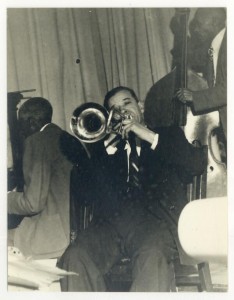
Jeff Barnhart: Welcome back, hot music enthusiasts! This month, we offer the sequel to our exploration of trombonist Edward “Kid” Ory. On July 14th, 1926,
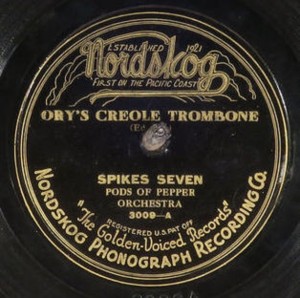
Jeff Barnhart: Hal, we’re beginning 2023 with a look at one of the most influential, colorful and exciting musicians in Jazz history; trombonist Edward “Kid”
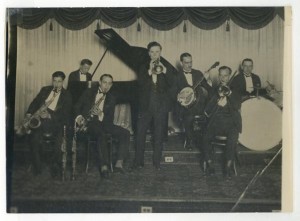
Jeff Barnhart: We return this month to conclude our exploration of the remaining sides by the New Orleans-based Halfway House Orchestra, recorded between October 1927

Jeff Barnhart: Hal, this month we’re examining the output of the remarkably polished Halfway House Orchestra, a white dance band that had a residency at
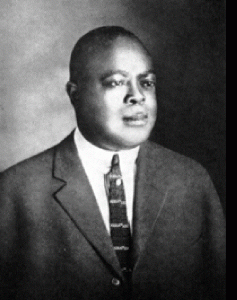
Jeff Barnhart: Hal, after our in-depth exploration of a single tune, it’s time to broaden our scope to the music of the immortal Joe “King”
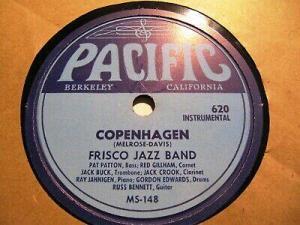
The 1930s Jeff Barnhart: Hal, last month we explored the tune “Copenhagen” from the first recording by Bix in 1924 to versions essayed through 1929.
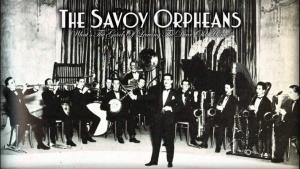
Jeff Barnhart: Hal, we’ve wanted to return to an in-depth exploration of a single tune, and this one is the Mt. Everest of the classic
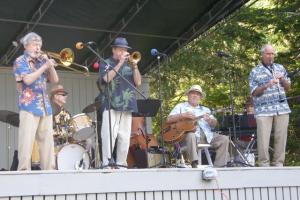
Jeff Barnhart: Hal, last month I mentioned we’d continue with an exploration of the seminal early jazz classic, “Copenhagen.” Let’s postpone that for a month
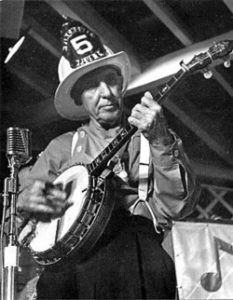
Jeff Barnhart: This month, we conclude our exploration of the Firehouse Five Story, with plans to revisit the band and examine their many themed albums
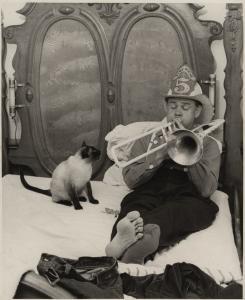
JB: For this installment, we turn to the wild and wonderful world of the Firehouse Five Plus Two. I am happy to welcome Hal Smith
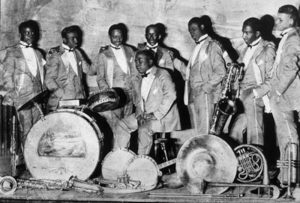
Jeff Barnhart: My erstwhile collaborator, Hal Smith, needs a while to erst on other projects this time around and requested I invite a guest. I’ve
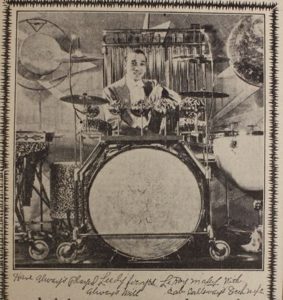
Jeff Barnhart: Hal, we’re taking a month break from our exploration of Moten to concentrate on the music of the band we compared to early
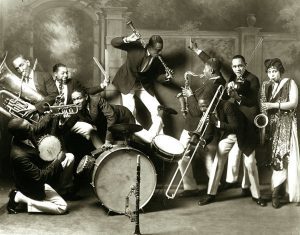
JB: When one thinks of large hot jazz outfits predating the swing era that would bring—to name a few—Goodman, the Dorseys and Miller to prominence,
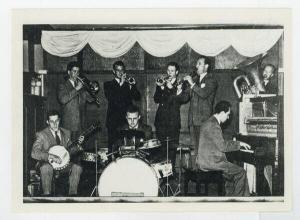
Jeff Barnhart: Hal, after our brief, but wonderful, foray into the musical world of little-known trumpet man Benny Strickler, let’s talk about the Post-War version
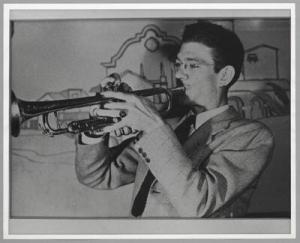
Hal Smith: One of the greatest musicians of the New Orleans Revival was a trumpet man from Arkansas named Benny Strickler. During his too-brief career
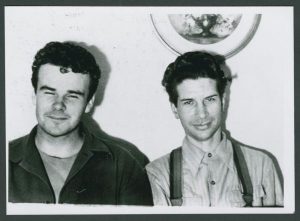
JB: Hal, when someone studies the traditional jazz “revival” of the 1940s-1950s (if anyone actually does anymore!!!), two names emerge as towering figures. While there
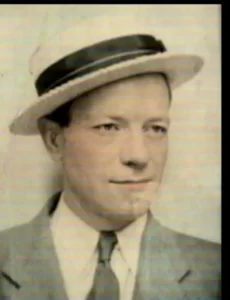
Jeff Barnhart: This column is a special one for me! Several years ago, Hal introduced me to the music of Frank Melrose (it’s truly a





